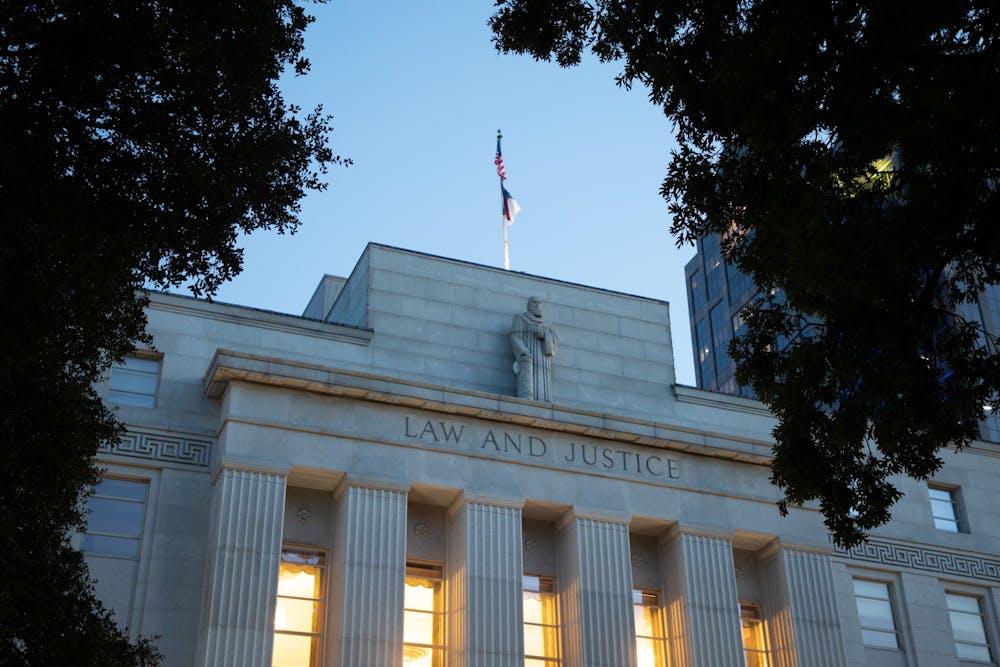The U.S. Court of Appeals for the Fourth Circuit heard arguments on Monday afternoon surrounding jurisdictional issues in the ongoing election protest for a seat on the N.C. Supreme Court.
Republican N.C. Court of Appeals Judge Jefferson Griffin is contesting Democratic Incumbent Justice Allison Riggs' narrow victory, and challenging more than 60,000 votes.
The N.C. State Board of Elections had previously appealed the case to Federal Court, but on Jan. 6, a federal judge sent Griffin's case back to the state supreme court after Griffin filed a motion alleging the Federal Court did not have proper jurisdiction over the case.
The federal court’s order cited “due regard for state sovereignty and the independence of states to decide matters of substantial public concern” as the reason for the court to abstain from deciding Griffin's case.
On Jan. 22, the state supreme court issued an order to uphold the stay that was granted on Jan. 7, meaning the NCSBE cannot certify the election until the lawsuit has been resolved. The order also sent the case to the Wake County Superior Court, in accordance with state laws about election protest appeals.
The Wake County Superior Court has scheduled oral arguments for Feb. 7, with the order calling for Griffin to file a brief by Jan. 29 and the NCSBE to file a brief by Feb. 3.
Griffin's lawyers argued that Monday's proceedings were unnecessary after the state supreme court moved the case to lower court, but NCSBE representatives argued the case should be heard in federal courts.
“Judge Griffin's extraordinary request to retroactively change longstanding election rules, and thereby disenfranchise more than 60,000 North Carolina voters, should confront the federal civil rights laws in a federal forum as congress intended,” Nicholas Brod, N.C. Department of Justice deputy solicitor general, said on behalf of the NCSBE.
The judges expressed concerns over the federal court’s ability to overturn the state supreme court’s decisions.




